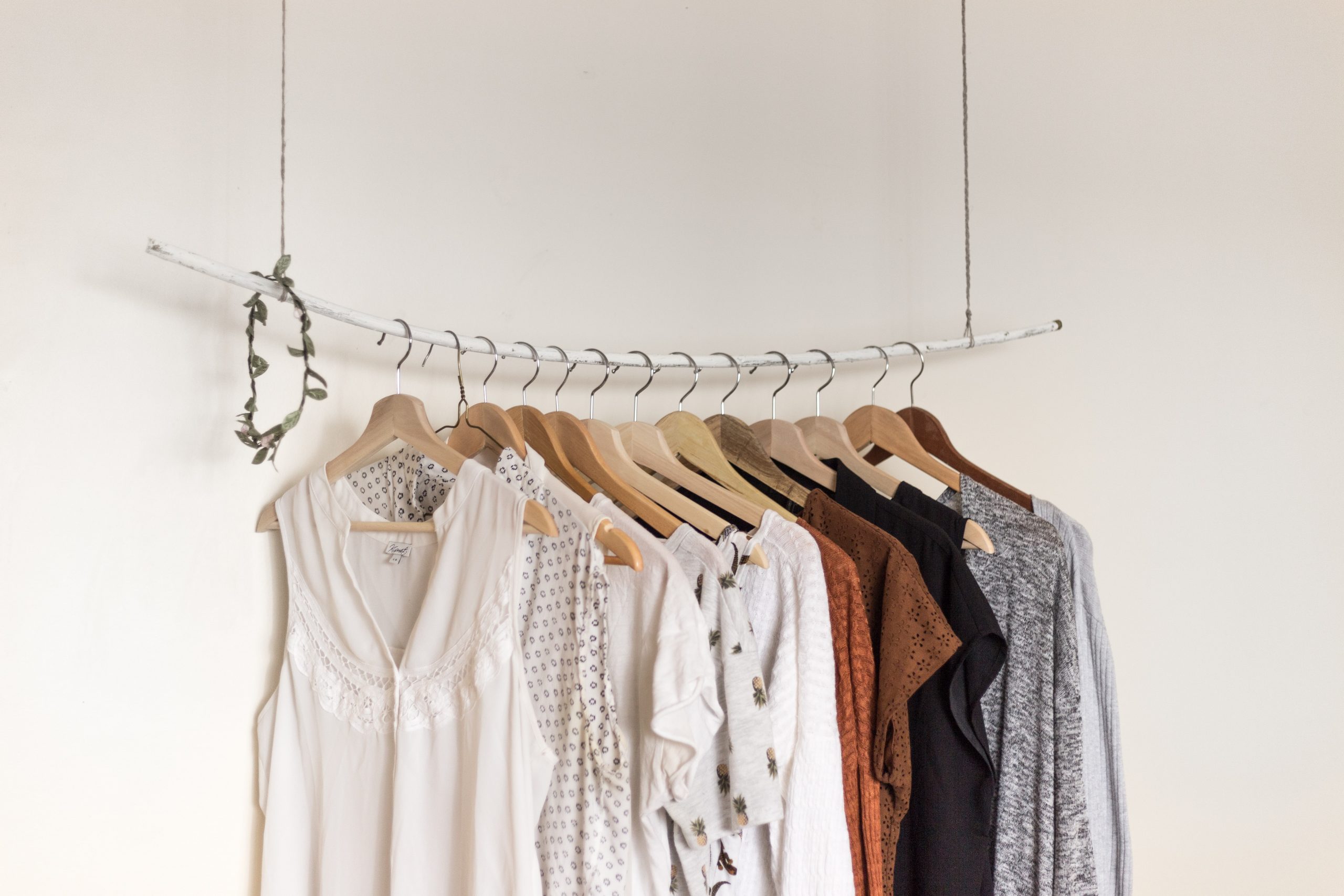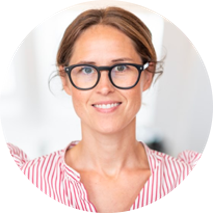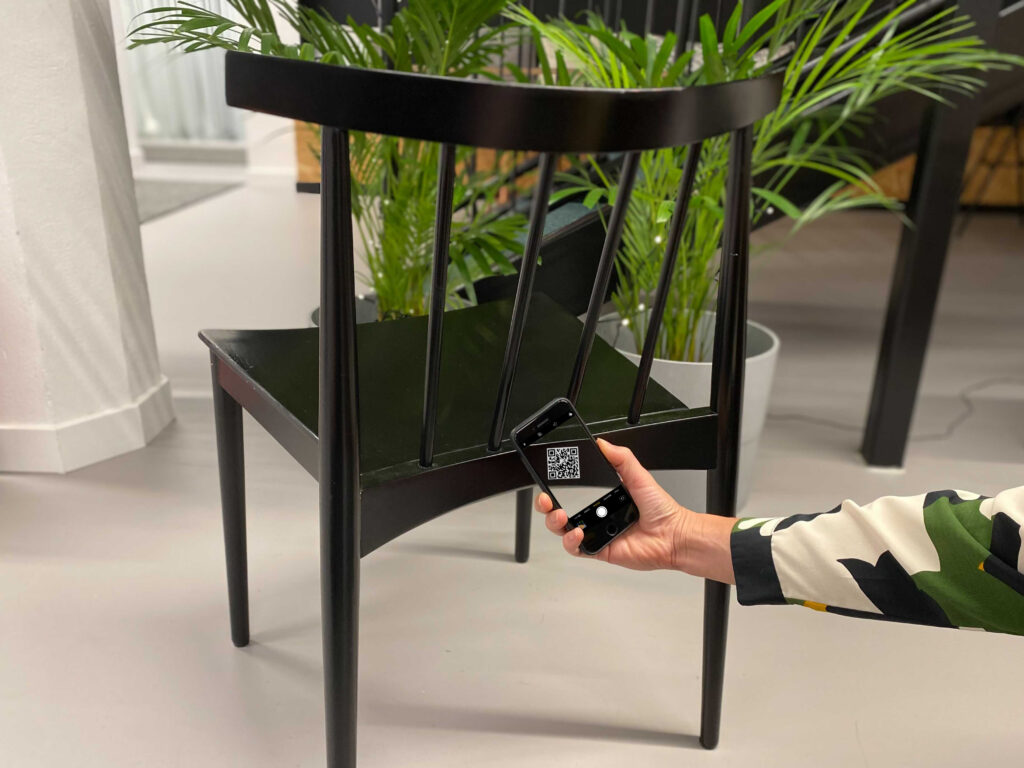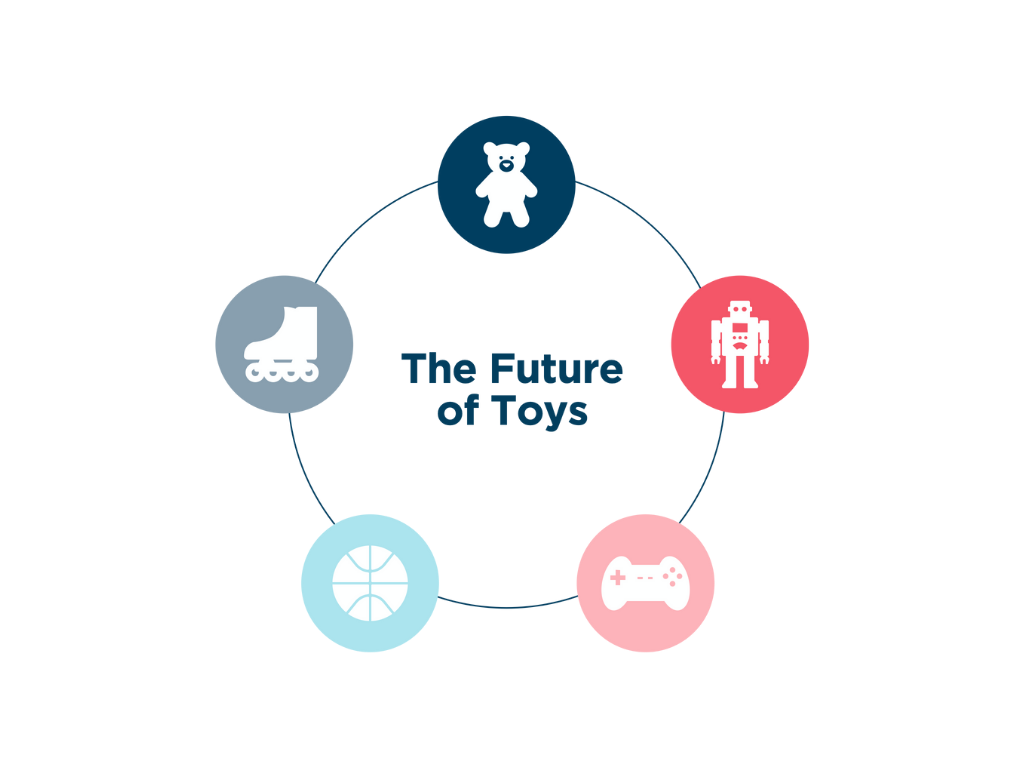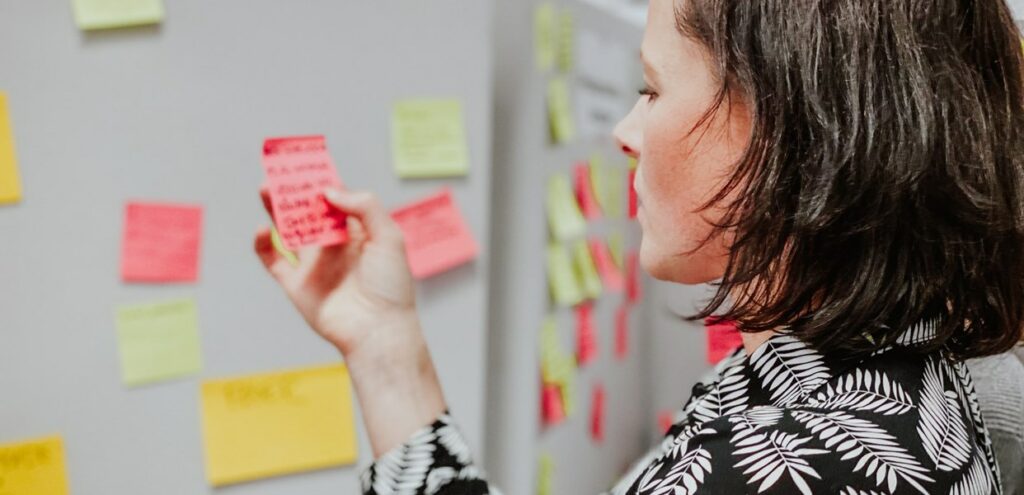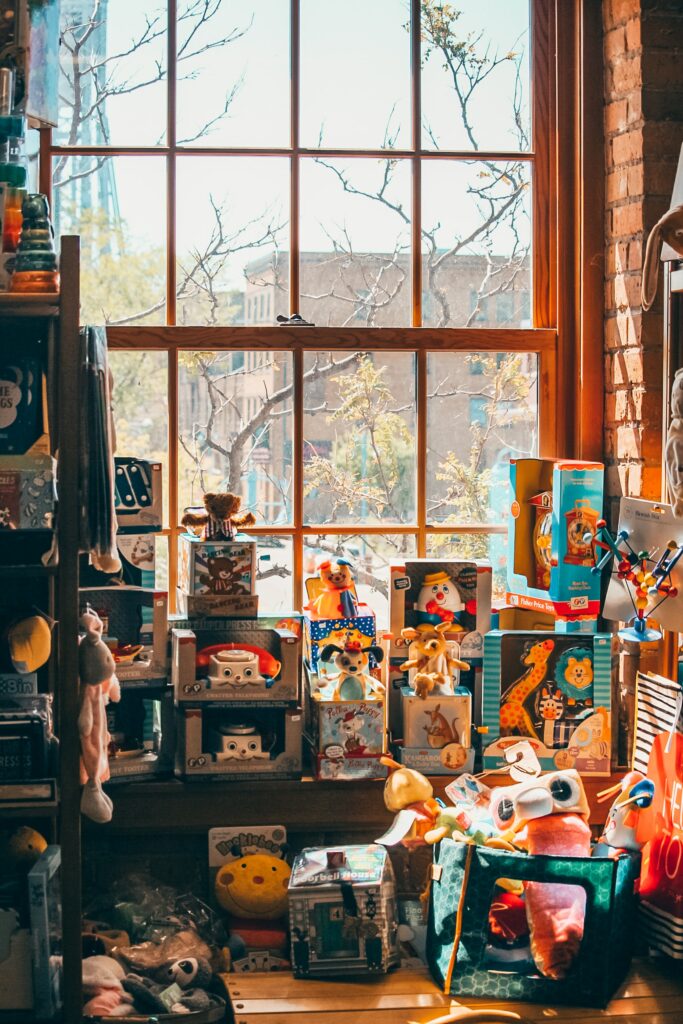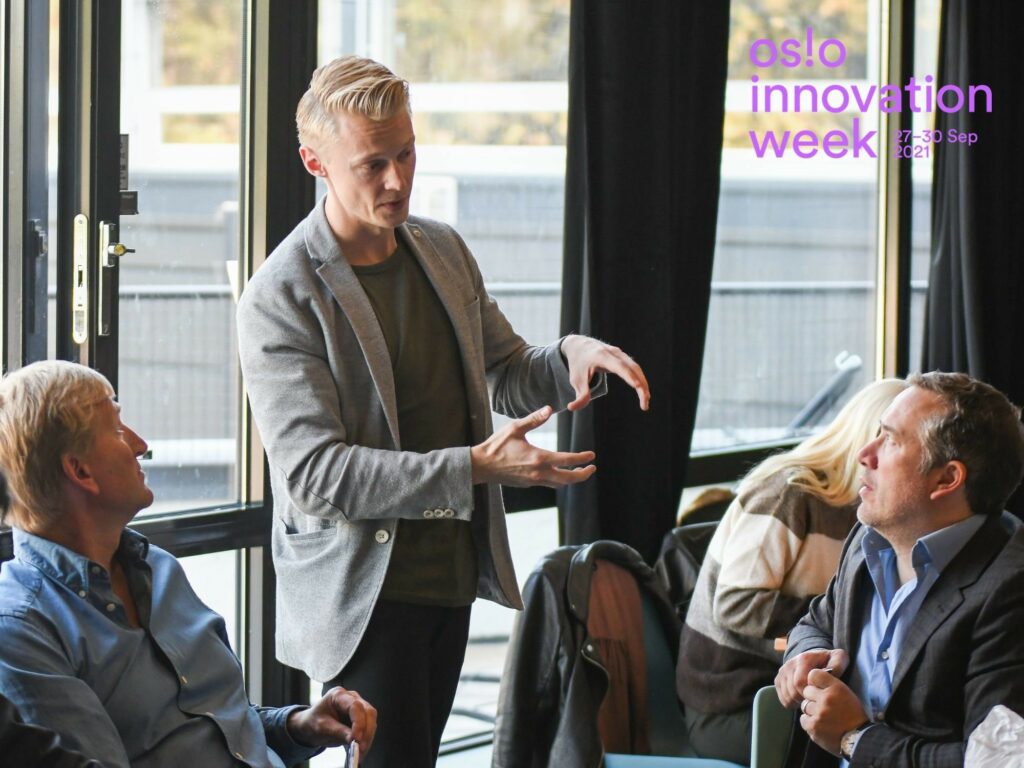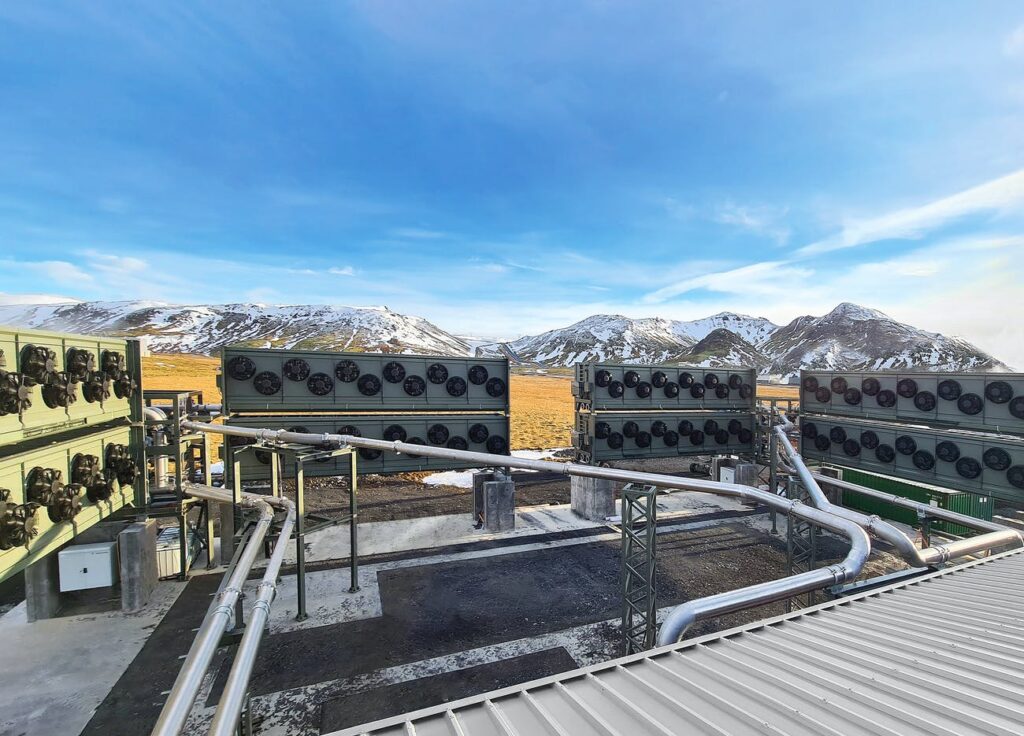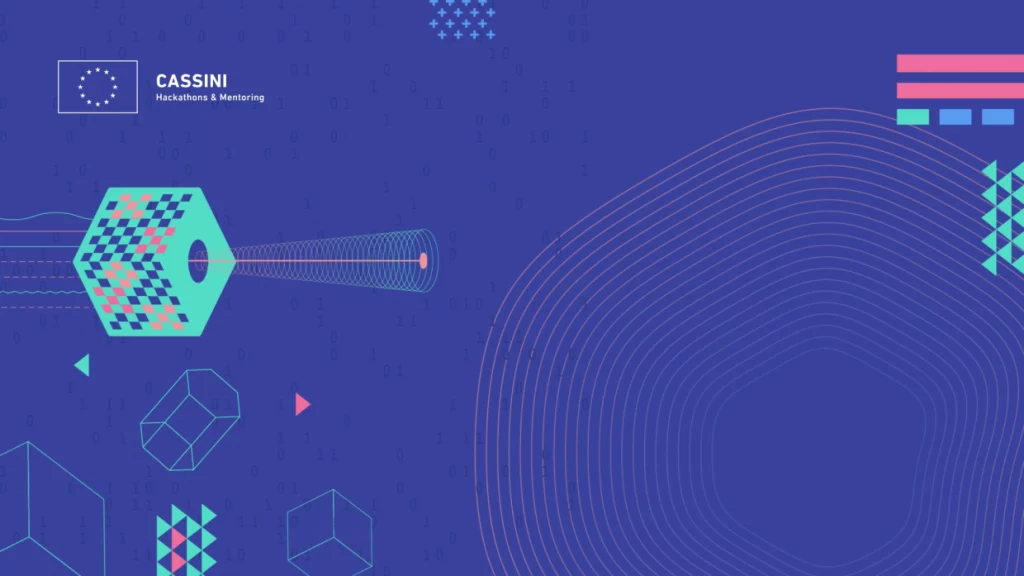LOOP Lab - How can we develop a more circular fashion industry by joining forces?
On average, we buy 60% more clothing than we did 15 years ago — but we keep each item only half as long. And it’s also estimated that nearly 60% of all clothing ends up being burned or in landfills within only one year of being made.
The transition to circular economy is a must for the apparel industry to both reach the environmental goals and to stay profitable in a world with growing resource scarcity and risks in the global value chains. So it is time to develop new business models for the industry in parallel with advancing the structural and behavioural changes.
Today, the charity sector accounts for the majority of textile collection and sorting in a cost-effective way, while also creating great societal value. So would it be possible for the charity sector to operate as an enabler for circular change in the fashion industry? And how could increased collaboration with commercial actors create new value for the charity actors?
We wanted to explore these opportunities, needs, obstacles and potential collaborations between commercial and non-profit actors in a series of workshops. Our goal is to find new forms of collaboration and speed up the transition towards circular economy. For the first workshop, we invited charity organizations from Sweden, Stockholm Stadsmission, Red Cross Sweden, Björk & Frihet, Myrorna, Erikshjälpen and Brödet och Fiskarna, to co-create this topic with us.
One crucial reminder from the session was that the demand for secondhand garments is too low. And therefore it would be interesting to explore services and large scale behavioural changes to increase the demand. Out of the clothes that the charities collect, a large amount is exported abroad for second hand sales including an uncertain fate (possibly even ending up in landfills). An area which we find interesting to explore further, is how we can capture and create value for the collected garments within the Nordic region.
We continue advancing the ideas from the first session and invite companies of all sizes to join the charity organizations in the next workshop in August. The focus will be on how can we in collaboration with clothing manufacturers, non-profit actors, automated sorting facilities and the municipalities create an efficient, qualitative and large-scale sorting of textiles in the Nordic countries, in order to minimize the preparation of textiles for export and maximize recovery and value creation activities at home?
If you are working on creating a more circular fashion industry, contact us to work together on this and stay tuned for updates about the next event!
